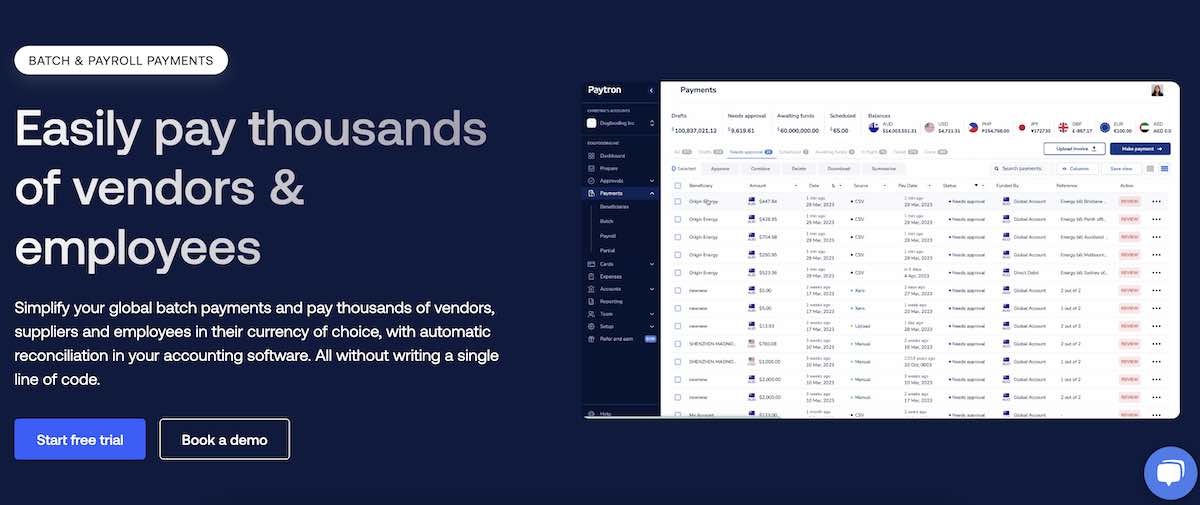Wage Theft Now Attracts Criminal Liability: What Small Businesses Need to Know
As of 1 January 2025, significant changes to the Fair Work Act 2009 (FW Act) mean that wage theft can now attract criminal liability. This update underscores the importance of ensuring compliance with Australia’s wage laws to protect your business and employees alike. We recently spoke with James True, Employment Practice Leader at LegalVision for his insight on the matter. Here’s what you need to know about the new legislation and how the recently introduced Voluntary Small Business Wage Compliance Code can help.
Wage Theft Explained
An employer commits a wage theft offence if they fail to pay amounts due under a modern award, enterprise agreement, or any order made under the FW Act. Intentional underpayment now constitutes a criminal offence, and employers found guilty can face prosecution. For unintentional underpayment, employers remain subject to civil penalties, which can still be costly and reputationally damaging.
This development follows growing public and regulatory focus on ensuring employees receive their correct entitlements, including minimum wages, loadings, allowances, and overtime rates.
“We have seen increased scrutiny from the Fair Work Ombudsman in relation to its audit enforcement activities,” says LegalVision Employment Practice Leader, James True.
Historically, businesses might have received a slap on the wrist for underpayments, but significant penalties are now the norm. Equally, news agencies are increasingly interested in reporting underpayments, so businesses will face greater reputational damage.”
Introducing the Voluntary Small Business Wage Compliance Code
To help businesses navigate this complex environment, the Fair Work Ombudsman (FWO) has introduced the Voluntary Small Business Wage Compliance Code. While primarily aimed at small businesses (defined as having fewer than 15 employees), the Code can serve as a practical guide for all employers to avoid criminal liability for wage theft. If a small business employer complies with the Code in relation to a non-payment, the FWO must not refer the conduct for criminal prosecution.
For more information, you can access the FWO’s full guidance here.
How Employers Can Reduce Their Risk of Prosecution
Before becoming aware of underpayment:
- Employers can demonstrate compliance by making reasonable efforts to determine correct pay rates and entitlements. This involves:
- Consult official sources: Carefully review the applicable modern award or enterprise agreement alongside relevant FW Act provisions.
- Ensure accuracy: Use reliable information about employee roles, classifications, qualifications, and work arrangements.
- Seek advice: Consult trusted resources like state chambers of commerce, industrial lawyers, or the Fair Work Ombudsman.
- Stay informed: Keep up-to-date with changes to workplace laws and employee conditions.
After Becoming Aware of Underpayment:
Taking swift action is key to reducing the risk of prosecution:
- Prompt repayment: Rectify underpayments immediately by repaying affected employees.
- System improvements: Address underlying payroll errors to prevent future issues.
- Proactive audits: Conduct regular payroll reviews to identify and resolve compliance gaps early.
“While any efforts you make to stop underpayments are crucial for determining your liability, fixing the problem is just as important,” Mr True says.
“Many businesses notify the Fair Work Ombudsman of the underpayment. This approach has pros and cons, but if you’re going to do it, do so on the back of a well-thought-out remediation process, along with actions that demonstrate that any future risk of underpayments has been dealt with.”
Factors Reducing Criminal Prosecution Risk
Employers are less likely to face criminal charges if:
- the underpayment resulted from an honest mistake in payroll processes;
- ambiguities or competing interpretations of the FW Act led to errors, provided the employer made a reasonable effort to comply;
- the issue was identified during a voluntary payroll compliance audit; and
- prompt corrective action was taken to minimise the financial impact on employees.
Expert Legal Insights
The industrial relations landscape in Australia is complex, and determining employees’ various entitlements can be very difficult.
“It’s not uncommon to see instances of underpayment or other non-compliance in a business, no matter its size or industry,” Mr True says.
He recommends that all employers take proactive steps to understand those entitlements and regularly audit their business to ensure compliance. “Being on the front foot and identifying a problem yourself, rather than having an employee or the Fair Work Ombudsman discover it, may save you from significant penalties, litigation and public backlash,” he says.
Take Action Today
At Visory, we understand that staying compliant with evolving workplace laws can be challenging for small businesses. The new wage theft legislation is a call to action for all employers to prioritise payroll accuracy and ensure their systems meet regulatory requirements. By leveraging the Voluntary Small Business Wage Compliance Code, small businesses can mitigate risks and focus on maintaining transparent payroll practices.
Investing in proactive payroll management and seeking expert advice can better protect your business from costly penalties and reputational damage. If you need support, Visory is here to help streamline your payroll processes, integrate leading software like Employment Hero, and ensure your business stays on top of its obligations and avoids any potential liability. Get in touch with us today for a free consultation and find out how we can support your business.
If your business needs assistance with its employment legal needs, including your wage theft obligations, LegalVisions experienced employment lawyers can assist as part of their membership. For a low monthly fee, you will have unlimited access to lawyers to answer your questions and draft and review your documents. Call LegalVision on 1300 544 755 or visit their membership page
Special thanks to James True, Employment Practive Leader at Legal Vision for his input in this guide.
James advises across all areas of employment, including employment and independent contractor agreements, termination of employment (including redundancy and unlawful termination), employment disputes, investigations, modern awards, work health safety obligations and notifiable incidents. Prior to joining LegalVision, James spent almost 10 years working in private practice across employment and work health safety.











